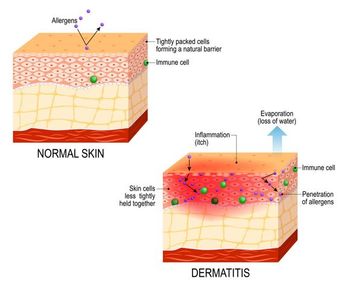
The Ideal Treatment for CAH? We Asked the Expert
Dr Richard Auchus says the ideal treatment for congenital adrenal hyperplasia is a long way off but describes a "block and replace" strategy that holds great promise.
"Well, the ideal treatment would be to replace the enzyme deficiency and therefore obviate the need for glucocorticoids at all and restore the normal negative feedback."
When prompted to talk about the ideal treatment for congenital adrenal hyperplasia, physician scientist Richard Auchus, MD, PhD, offered the obvious solution followed by the reality that for the time being, glucocorticoids are the standard of care. The next best thing to enzyme replacement, he explained, though, is a mechanism that would allow a direct block of pituitary adrenocorticotropic hormone (ACTH) release. He explains further in the short video above.
Richard J Auchus, MD, PhD, is the James A. Shayman and Andrea S. Kevrick professor of translational medicine, professor of internal medicine, and professor of pharmacology at the University of Michigan Medical School in Ann Arbor, MI. His areas of work include molecular and genetic mechanisms of human hypertension, improved diagnostic studies and management in primary aldosteronism and Cushing syndromes, modifier genes in 21-hydroxylase deficiency, cardiovascular disease in polycystic ovary syndrome, and the endocrinology of traumatic brain injury.
Newsletter
Enhance your clinical practice with the Patient Care newsletter, offering the latest evidence-based guidelines, diagnostic insights, and treatment strategies for primary care physicians.

































































































































